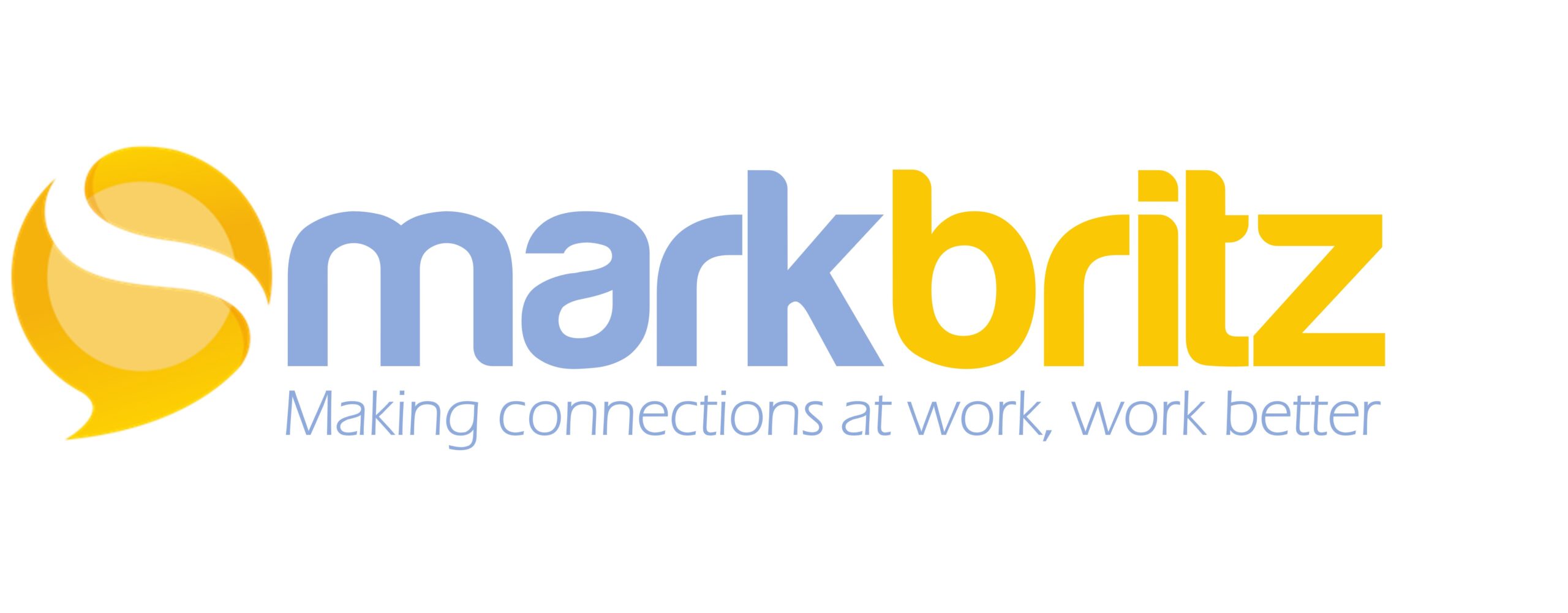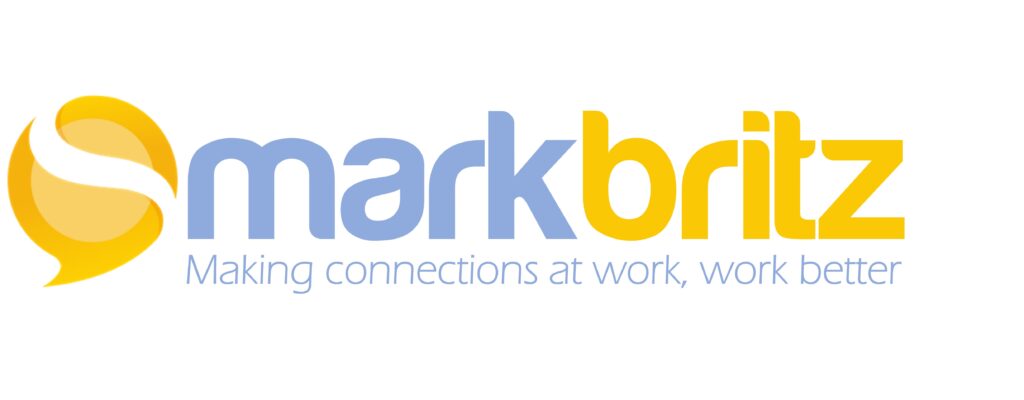I just shared this with my CNY–ASTD special Interest group on the heels of an informal meeting last night on the topic. I though I’d toss it out to the world…nothing new here, mostly my ramblings on Twitter understandings…
1. Twitter vs.email: The perception often is that Twitter is 1:1 communication tool and that followers need to be responded to (this comes for years of electronic communication being monopolized by telephones and email). In reality Twitter is micro-blogging (140 characters) and as such people share (ideas, questions, insights, links, etc) and you read/respond if you want; completely optional. Blogging (and micro-blogging) is much like keeping a “public” diary but more and more blog authors are writing some powerful article-like posts that get shared on Twitter via links… So if you think that reading all and responding is a must – think again. Most likely you don’t read every single article in your periodical subscriptions and as such you should have the expectation to read every tweet or blog post. Again, the knowledge flows on, dip in when you have time or need…
2. Followers vs. Friends: I think the term follow is not only more accurate for Twitter users its more sincere. We follow people’s micro-posts or tweets and we can cease following anytime we feel the value is not there. I would hardly call any of the folks I follow on Twitter my friends as that to me is a term of endearment. I nibble at the little bread crumbs of information they leave before me …hmmm, maybe the Twitter bird analogy has a new meaning?
3. Public vs. Private: Initially I set my “security” settings to Private and therefore only those following me saw my Tweets. This was good in that initially I was unsure of what would happen if I opened it up, better safe than sorry… What I discovered (for me anyway) was that I really shut myself off from building a network. My Tweets, regardless of value were not making that many connections and thus I was missing out on possibilities. Furthermore I put potential followers (folks that I might have wanted to follow as well) in the somewhat awkward position of gaining my permission to be followed… I must say that felt odd because I don’t consider myself to be “all that” and that’s how I began to see that setting – one that was setting me apart. Furthermore when I ventured into Thursday night #lrnchat sessions using Tweetchat my Tweets would not show in a public timeline (due to private setting) and I felt a bit handicapped as I was not seeing my own contribution in the flow of discussion.
4. Network – size matters: Drink from the fire hose or take on a steady drip? I prefer the drip. I somewhat keep my network in this breakdown – 90% professional 5% local info 2% humor 2% sports. By far I use Twitter to gather new knowledge that helps me do my job. I regularly visit my followers and purge any that have added less to what i need or want…don’t need them clogging my pipeline. This is not to say they present worthless info. Its just that the info doesn’t hold value for me.
5. Mobile Devices: I don’t think Twitter would hold as much value for me without mobile application. Although I use Tweetdeck at work…my phone (a Blackberry) has an application called Twitterberry that I use to view my Twitter feed quite frequently. This really extends my involvement and useful during any down time. I see my down time as more “learning” time now. And because of Web access on my phone I can forward links to my “delicious” account for future review. If you don’t have Web access but do have a text message plan you may want to consider using the SMS text feature which would allow tweets to appear on your phone as text messages.
CAUTION-make sure you have an unlimited texting plan…small network or not some folks are addicted to sharing!

